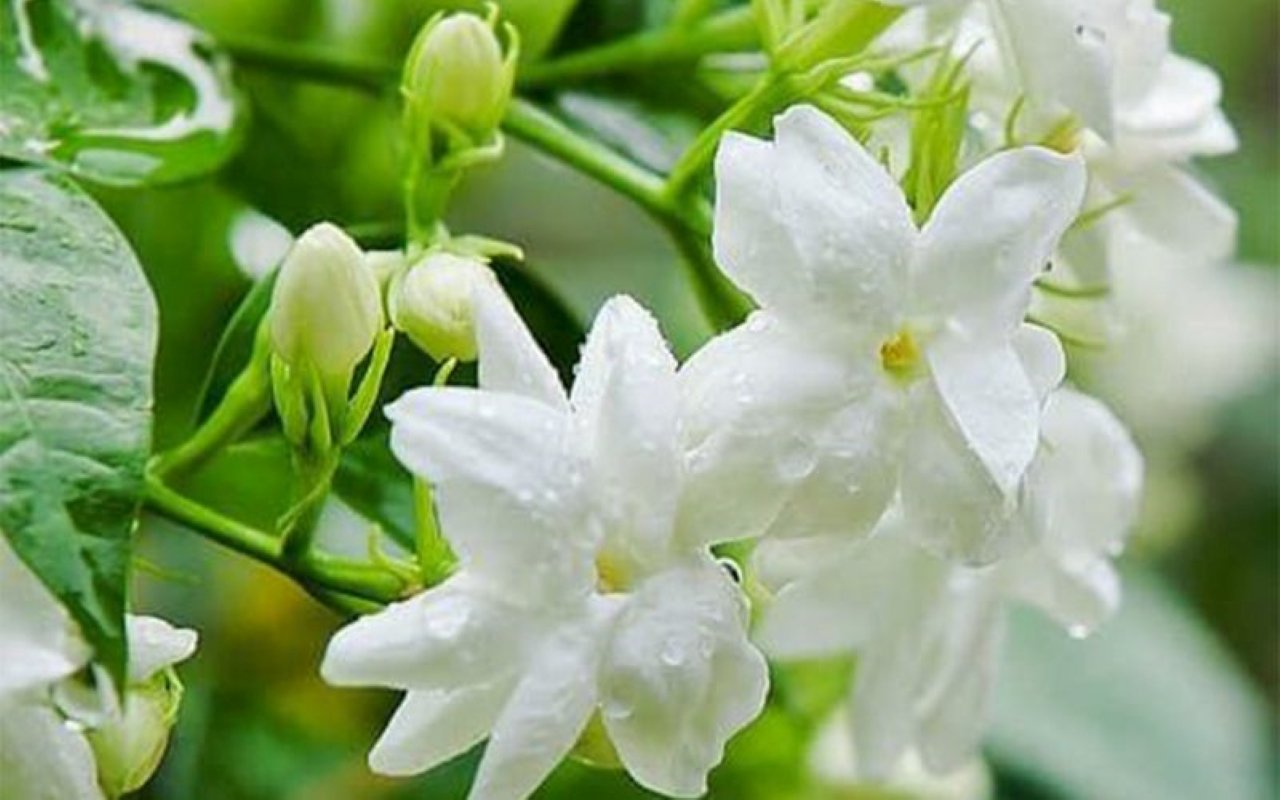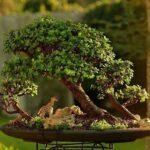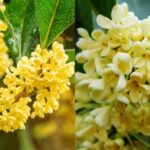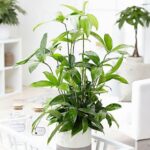1. Those with Hay Fever, Asthma
The gentle fragrance of jasmine often brings a sense of tranquility to many.
However, for those suffering from respiratory ailments such as asthma or hay fever, jasmine can be a formidable foe.
The potent scent of these flowers can trigger allergic reactions such as sneezing, a runny nose, itchy throat, and even difficulty breathing and skin rashes.
To safeguard the health of your family members, especially those with a history of respiratory issues, it’s advisable to avoid growing jasmine indoors.

Individuals with pollen allergies and asthma should refrain from growing jasmine.
2. Individuals with Earth and Wood Elements in Feng Shui
In the realm of Feng Shui, jasmine is associated with the Metal element, while Earth produces Metal. This dynamic can lead to conflicts, bringing bad luck to those with an Earth element who grow jasmine.
Stress and fatigue may become constant companions, significantly impacting their well-being. Similarly, Metal cuts Wood, so those with a Wood element should also refrain from choosing jasmine as a houseplant.
3. Households with Poor Ventilation and Lack of Sunlight
Jasmine is a sun-worshipper. It truly shines and displays its beauty when bathed in sunlight.
If you wish to admire the pristine white jasmine flowers and savor their intoxicating fragrance, provide them with a spacious and well-lit spot.
At least eight hours a day, jasmine will soak up the sunshine to nurture its vibrant green leaves and stunning blooms.
Conversely, if you grow jasmine in a shaded area, it will become weak and spindly and struggle to flower.
4. Residents in Extremely Cold Regions
Jasmine struggles to adapt to frigid temperatures. When the mercury drops, especially below 5°C, the plant will perish.
The bitter cold acts as a destructive force, preventing the beautiful flowers from blooming. If you reside in a region with harsh winters, it’s best to forgo the idea of growing jasmine to avoid winter kill.
Disclaimer: The information in this article is for illustrative purposes only.





































